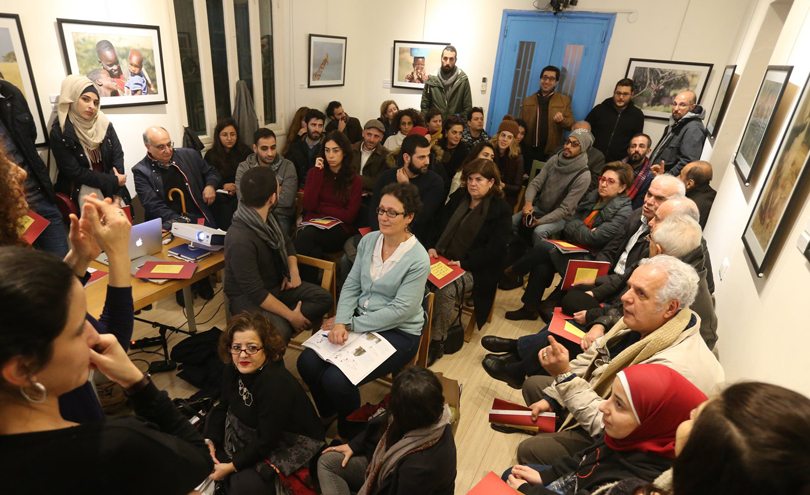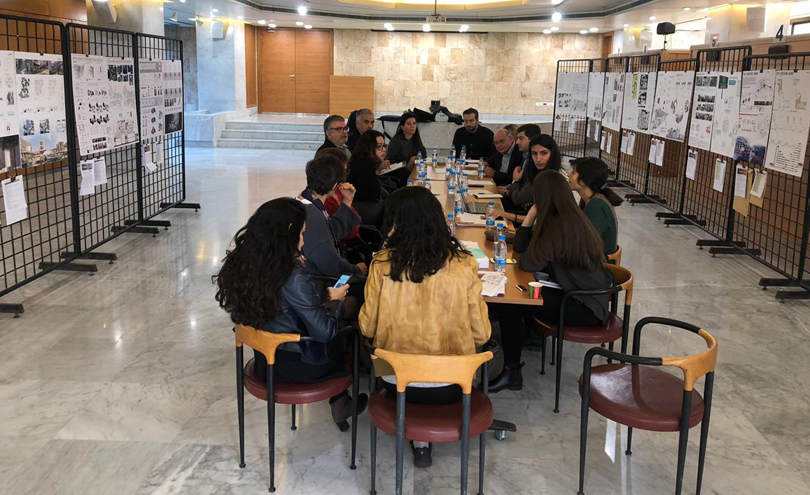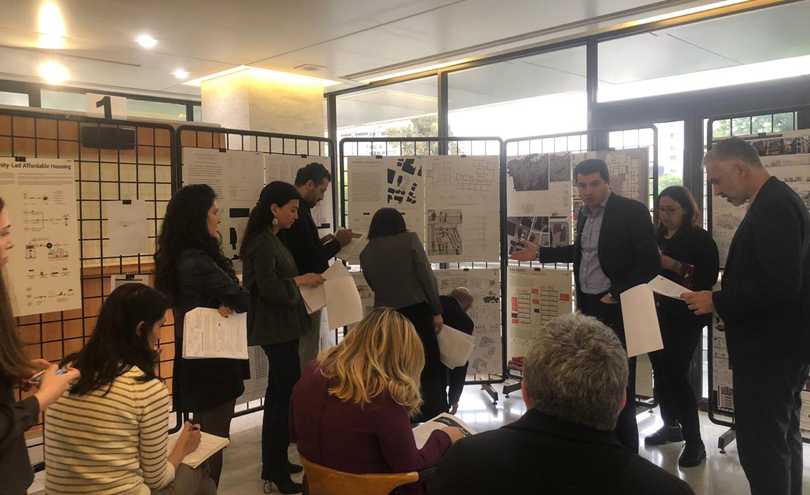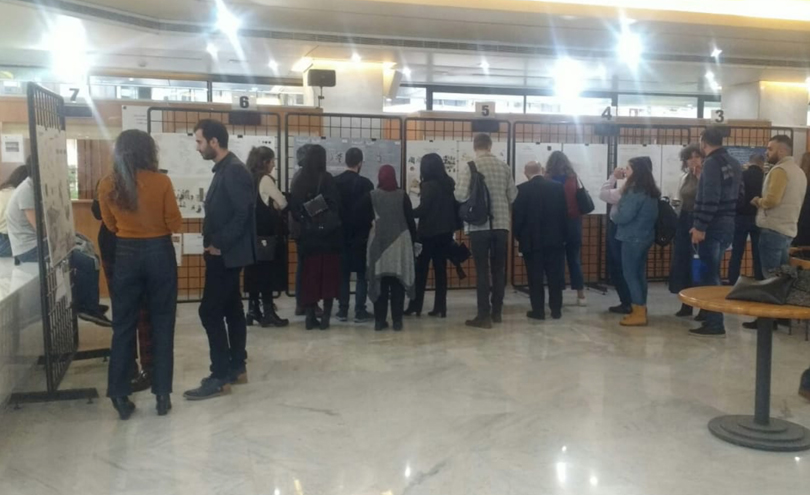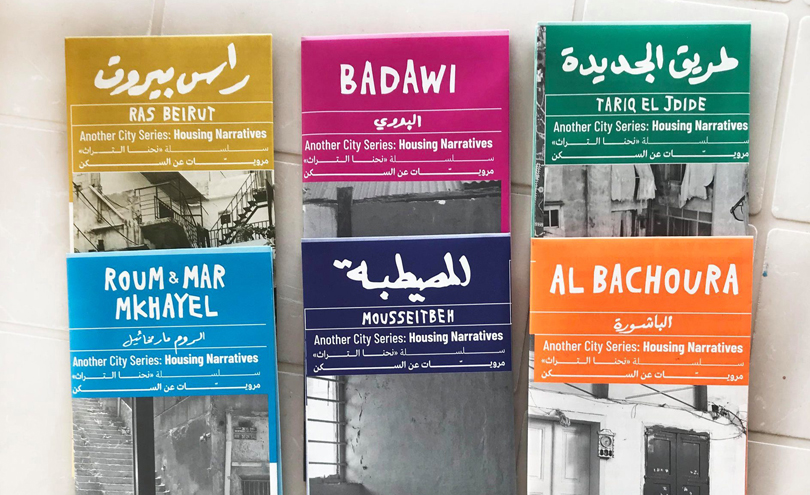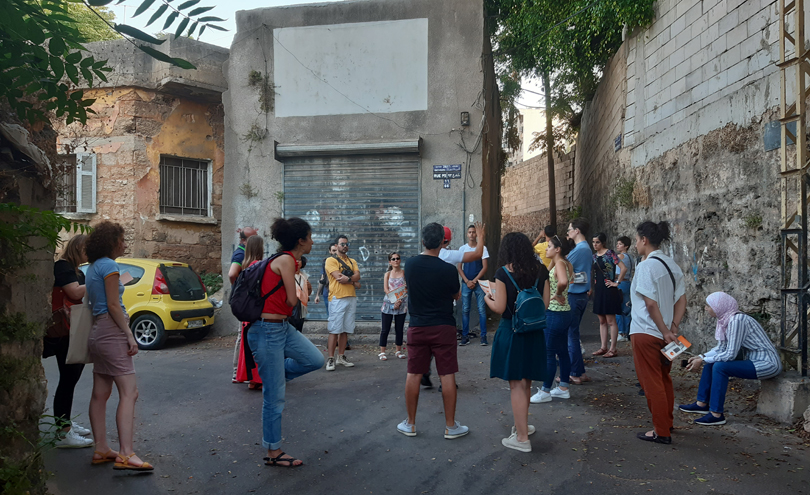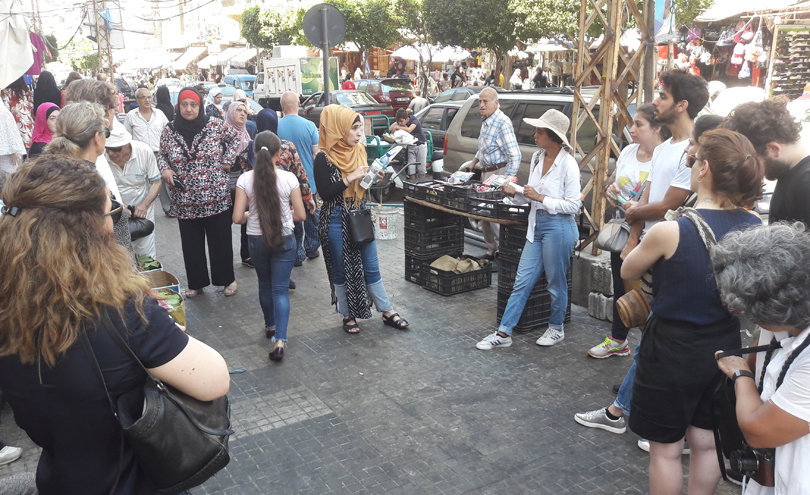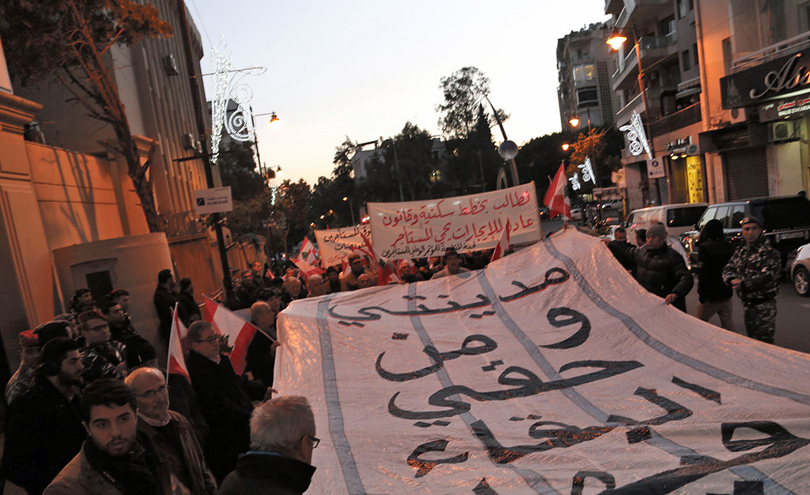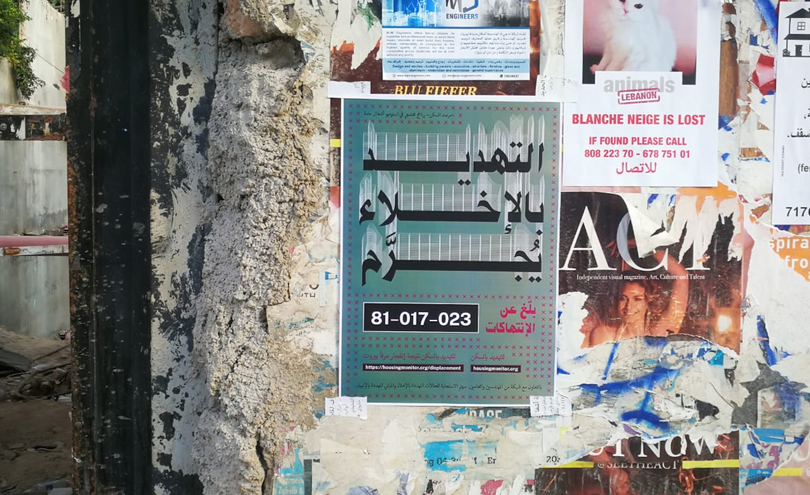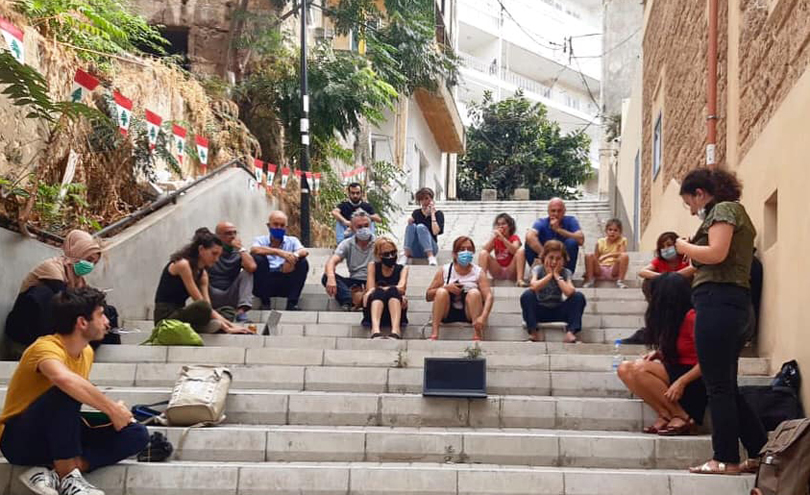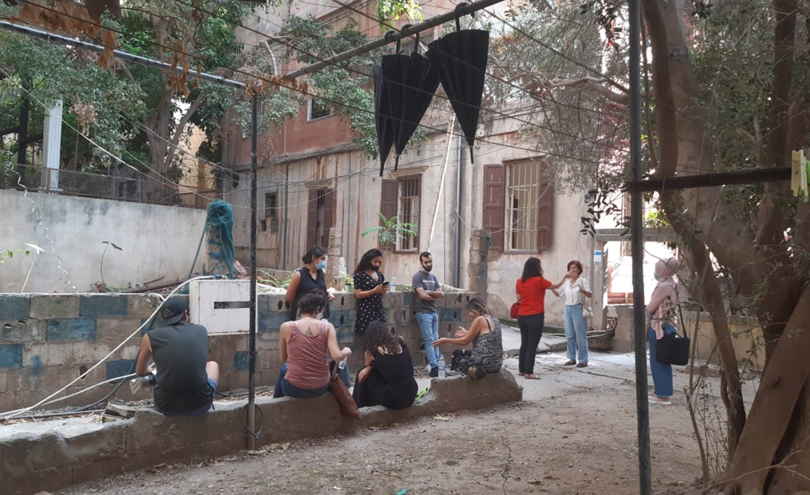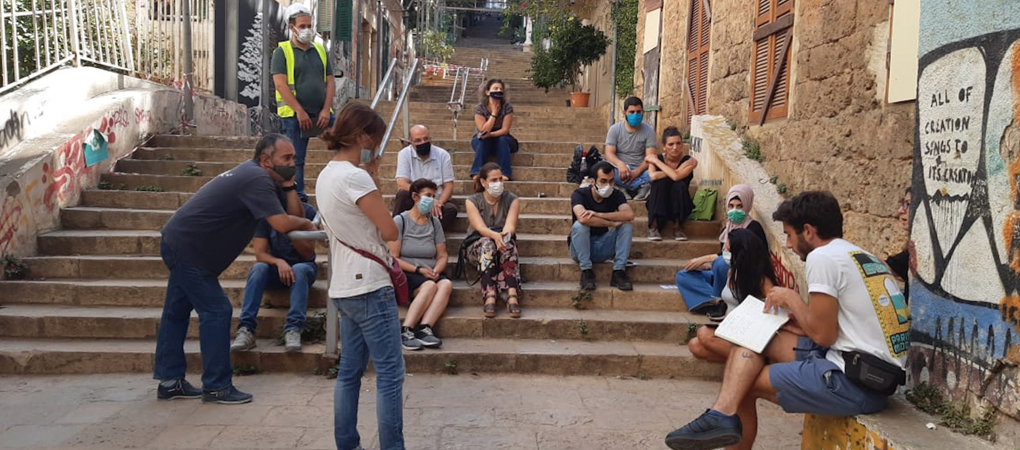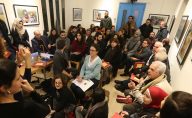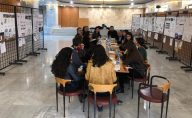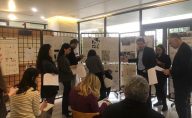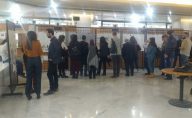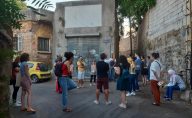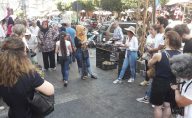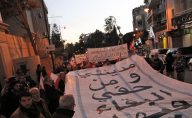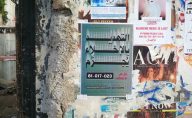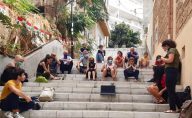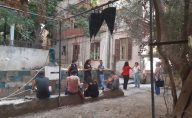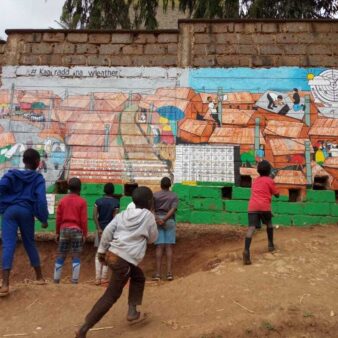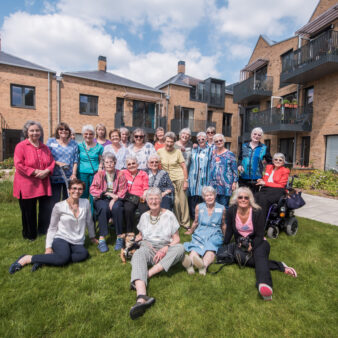Housing injustice is a growing problem in Lebanon, where government policies provide very few protections for vulnerable residents. Weak tenure rights leave tenants open to violations, such as illegal evictions and rent hikes, and in constant fear over the security of their housing.
The absence of adequate land and housing policies has encouraged real estate speculation, frequent building demolition, building maintenance neglect, high vacancy rates, and abandoned buildings. The lack of affordable housing policies and the absence of regulations to adequate housing provision, allows for a derelict urban fabric and a rising informality – offering terrible conditions and poor services to residents. A substantial number of Lebanese citizens, refugees, and migrant workers have little choice but to live in these dismal conditions.
Lebanon’s housing crisis has been exacerbated by the country’s economic collapse, inflation, the COVID-19 pandemic, and the August 2020 explosion at Beirut port, which displaced 300,000 people and caused widespread destruction, damaging buildings up to 20km away. Following the blast, eviction threats have risen as owners in impacted areas have used non-governmental organisation (NGO) reconstruction funding to repair and upgrade their properties, leading them to increase their rents and evict pre-blast tenants.
Poor documentation of housing rights violations, through lack of monitoring and reporting, has allowed bad practice – by some landlords and private housing companies – and people’s suffering to endure. With few channels through which to call for accountability and socially equitable housing rights, residents have resorted to protesting in the streets.
In an effort to raise awareness of housing rights violations and to advocate for change, Public Works Studio, a multidisciplinary research and design company, has developed Housing Monitor (HM). Primarily operational in Beirut and its suburbs, the online tool and telephone hotline is used by residents to report housing vulnerabilities and eviction threats. In response, Public Works Studio provides legal and social services, mobilises tenants around shared grievances, and identifies trends in housing injustices, to then advocate for policy reform.
The project in practice
Public Works Studio is a research-based non-commercial civil company founded in 2012 with the belief that architects, designers and urban planners must acknowledge and act on the political and social dimensions of their work. The company is based in Beirut but has projects in more than 15 locations across Lebanon.
Through Housing Monitor, Public Works Studio empowers marginalised low-income city dwellers to respond to housing discrimination and injustices in a country where a lack of data allows ongoing corruption, poor planning, and the marginalisation of vulnerable groups. There are 10 different reporting classifications on the HM platform, including a specialised emergency reporting channel for city dwellers impacted by the Beirut blast.
As of January 2020, HM has received and assessed 603 housing violation and eviction threat reports, of which 472 were responded to with direct service intervention. This includes 184 consultations and legal tips (104 with migrant domestic workers); 150 field visits, including monitoring, and landlord negotiations with migrants; the prevention of 92 evictions (with other cases underway); and the successful referral of five households to renovation services and 131 to social support services.
Public Works Studio has raised awareness through the media with nine published articles and videos on individual tenant stories. It has also published 3 legal memos, and several reports based on reporting, one on 150 reported loan defaulters, another based on a sample of 145 reported housing violations from migrants, and one focused on stories of women produced vulnerabilities. It has recently launched a zero eviction campaign that focuses on providing legal and tactical guidance on protecting housing rights to the residents of the neighborhoods affected by the Beirut blast.
Housing Monitor facilitates the mobilisation of tenant and community member organisations based on shared housing vulnerabilities and interests. Resident associations, coalitions, and partnerships with organisations including Legal Agenda, Anti-Racism Movement and the Lebanese Union for People with Physical Disabilities, establish channels through which people can demand their housing rights.
The project supported the establishment of the Association of Residents of the Neighbourhoods Affected by the 4th August Explosion. Public Works Studio has also produced six neighbourhood guidebooks and trained local residents to provide tours within their neighbourhoods highlighting historical housing struggles, gentrification, and displacement.
More than 20 advocacy documents have been published which have been shared publicly or used to organise protests by over 12 organisations. Together with 14 other members of the National Housing Coalition, Public Works Studio has engaged in advocacy work – they have formed The committee to defend the right of tenants in Lebanon, with members including:
This resulted in UN-Habitat calling on other international NGOs to monitor evictions in Lebanon.
Housing Monitor provides a safe and secure database for people to report housing violations and responds to individuals’ housing needs with access to legal and social services, building awareness among vulnerable groups, particularly refugees and migrant domestic workers, who have limited legal representation and/or knowledge of their rights.
Between October 2020 and May 2021, reports were lodged by individuals from 15 different countries. Most were from Ethiopia (84), followed closely by Syria (45) and Sudan (23). Between January and May 2021 alone, 36 of those supported were single mothers, all from migrant and refugee communities, while an additional 142 were under the age of 18. Lebanese tenant reports during this period account for just under one in 10 (9%) of total cases assessed, while the remaining reports (91%) were made by non-Lebanese communities.
Funding
Public Works Studio offers commissioned professional services in graphic design, architecture, consultancy, development planning and research. As such, the organisation is not dependent on grant funding to operate. However, the Housing Monitor project has thus far been funded by grants. The direct development of the project, including operational set-up, was funded by $33,500 from the Relief Centre, an organisation which brings Lebanese and UK institutions and expertise together to develop sustainable ways to improve the quality of life of people in Lebanon.
Housing Monitor requires $80,000 per year to continue its monitoring, field, and reporting operations. Of this, data management, casework, site visits, hotline operators, and legal and project overviews costs around $50,000 per year, while $15,000 is spent on developing data analysis, legal, and policy reports, and another $15,000 is dedicated to communications work.
Following COVID-19 and the Beirut explosion, the operation of the project has been jointly funded by the Ford Foundation ($30,000), HBS ($27,750), and Medico International ($25,050). This funding has sustained the project in 2021. Public Works Studio is developing a fundraising strategy to engage more donors, preferring to work with multiple funders providing small grants rather than being dependent on one donor organisation. In 2022, the project will be sustained by continuous funding from Medico International, Fondation de France and Legal Agenda.
Impact
Housing Monitor is tackling social inequity in Beirut by shifting power away from developers and landlords, into the hands of tenants who are often overlooked, marginalised, and abused. By entitling vulnerable groups to housing support services, the project helps to build social equity around the right to housing.
The project’s service interventions have prevented the eviction of 92 households and achieved better housing security for hundreds of beneficiaries, particularly refugees and migrants. Media interventions and training programmes continue to raise awareness of urban housing rights in Beirut.
Following the port blast, Public Works Studio recognised the exclusion of resident voices in the reconstruction process. This led to the formation of the Association of Residents of the Neighbourhoods Affected by the 4th August Explosion, which features nine committees representing seven different neighbourhoods and two minority groups (refugees and migrants).
Public Works Studio advocates for housing policy reform as a member of the National Housing Coalition and through regular meetings with the Public Corporation for Housing, the only official body within the Ministry of Social Affairs, that is mandated to propose and implement housing projects and programmes.
Environmental issues are integrated into the company’s housing rights advocacy work, most notably through its Think Housing competition. Think Housing called for entries that coupled affordable housing solutions with environmentally sustainable practices. The winners were featured in a research brief directly linked via Housing Monitor’s website. Public Works Studio also advocates against exclusionary policing that restricts access to shared space and planning practices that produce poor housing and worsening health for residents.
Expansion and transfer
In the coming year, Public Works Studio intends to increase its partnerships in order to collect data from other towns and cities in Lebanon. The company is already receiving initial Housing Monitor reports from Saida and Baalbak, and also from Tripoli, where it plans to expand more substantially in partnership with a member of the National Housing Coalition.
Internationally, Public Works Studio believes there is considerable potential to replicate the Housing Monitor project in the Middle East and North Africa (MENA) region, given the growing number of activists advocating for more inclusive, just and sustainable cities. Specifically, Public Works Studio has received direct interest in uptake from 10Tooba, which works with deprived communities in Egypt, and an organisation in Morocco. However, severe restrictions on NGOs and housing activists in countries such as Egypt, mean the Housing Monitor tool would have to be significantly adapted.
As the first project of its kind in Lebanon, Housing Monitor is empowering tenants to assert their housing rights through direct, grassroots reporting. Its community-centred approach raises local legal awareness while mobilising the community to advocate for a more equitable society through housing policy reform. The project’s innovative, multi-disciplinary approach allows it to develop housing solutions and prevent evictions, alleviating the suffering of some of the most marginalised groups in the MENA region.
